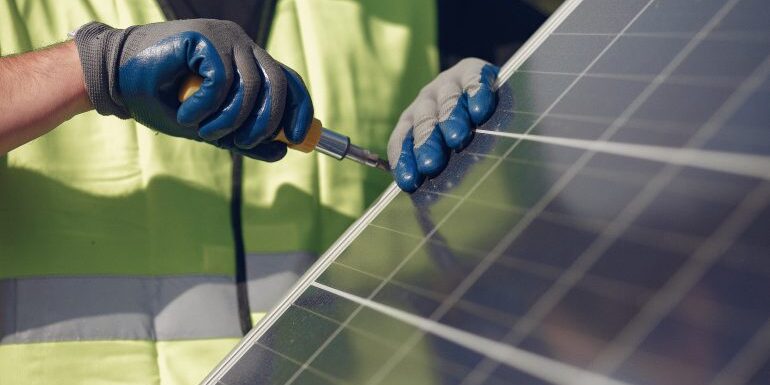Megatricity prioritises our solar panel installation process, choosing to focus on customer satisfaction and convenience. We deploy the skills of our technical team experienced to provide complete turnkey solar solutions for all our customers, which includes everything from the initial site visit to the design, solar panel installation, commissioning and maintenance of the solar systems. A dedicated engineer is selected and assigned to each project from the initial phase onwards to ensure quality standards and timelines are met throughout the entire solar panel installation process.
We go to great lengths to customise and tailor all our solar panel installations and solar system projects as per our customers’ requirements, catering to a variety of mounting methodologies such as tile, asbestos or amano roofs, concrete slabs, as well as ground mount solar systems.
Megatricity has the capacity to provide an end-to-end, in-house solution for a solar system with a HT interconnection.
Here’s how we carry out our solar panel installations in Kenya, step by step:
- Initial site visit and inspection
- Designing the most optimum solution giving due consideration to the client’s needs
- Obtaining necessary clearances from CEB/LECO
- Material mobilization
- Installation of equipment
- Testing and commissioning
- Grid connection

